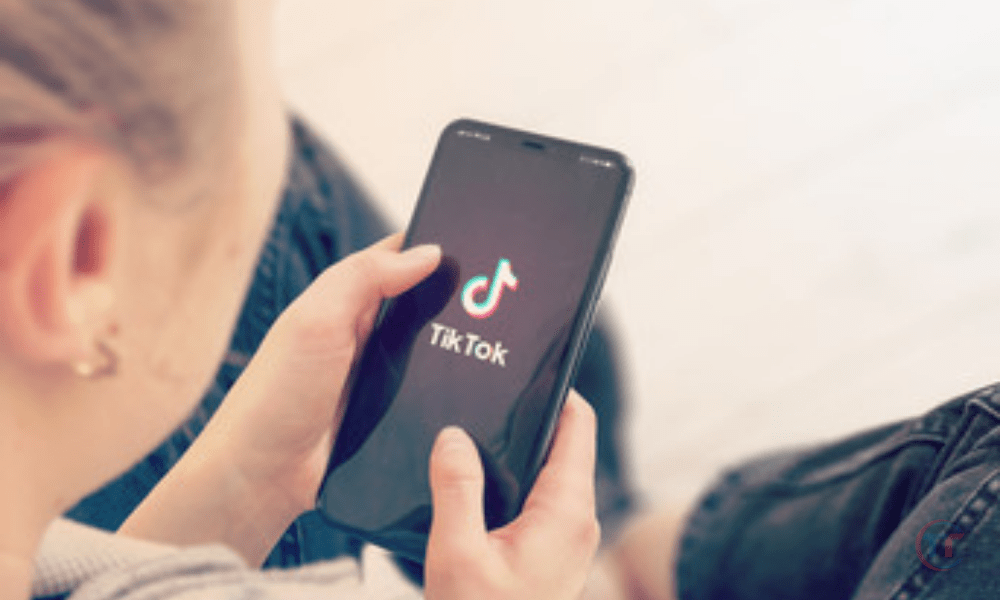The axe has fallen: TikTok has begun removing Universal Music Publishing Group (UMPG) music content from its platform. This decision follows the breakdown of negotiations between the two digital giants regarding the renewal of their licensing agreement.
Consequences
- More than 20% of popular songs (according to TikTok) disappear from the platform, depriving users of a wide selection of hits.
- World-renowned artists such as Taylor Swift, Billie Eilish, The Weeknd, and many others are no longer available on TikTok.
- A major blow for the music industry , which loses an important source of revenue.
The cause
- A major financial disagreement. UMG accuses TikTok of not wanting to pay artists enough for the use of their music.
- Disagreements have arisen regarding the use of artificial intelligence. UMG criticizes TikTok for not being transparent about its use of AI for creating music content.
An uncertain future
- Negotiations between the two parties are still ongoing. Is an agreement still possible?
- What alternatives are there for TikTok users? Should they turn to other music platforms?
- What are the long-term consequences for the music industry?
This unprecedented situation raises many questions. The future of music on TikTok and the implications for the entire music industry remain uncertain.
Analysis and implications

The impact of this break is considerable.
- For TikTok: The loss of such a large music catalog is a major blow for the platform, which risks losing many users.
- For UMPG: The removal of its content from TikTok deprives the label of significant revenue and may hinder the distribution of its artists' music.
- For artists: The current situation is uncertain. Loss of visibility on TikTok could affect their popularity and income.
- For the music industry: This disruption highlights the challenges related to artist compensation in the digital age and the use of AI in music creation.
Several questions arise
- How will negotiations between TikTok and UMPG evolve?
- What alternative solutions can be implemented to fairly compensate artists?
- How can the music industry adapt to evolving technologies and new economic models?
This situation is a true test for the future of digital music. The decisions made in the coming months will have a major impact on the entire industry.
Perspectives and avenues for reflection
Beyond the immediate implications, this rupture raises fundamental questions about the future of music and artistic creation in the digital age.
- How can we guarantee fair and transparent remuneration for artists?
- How to find a balance between the interests of artists, platforms, and users?
- How can AI be used responsibly and ethically in music creation?
This is an opportunity for the music industry to rethink its business models and find innovative solutions to meet the challenges of the 21st century.




